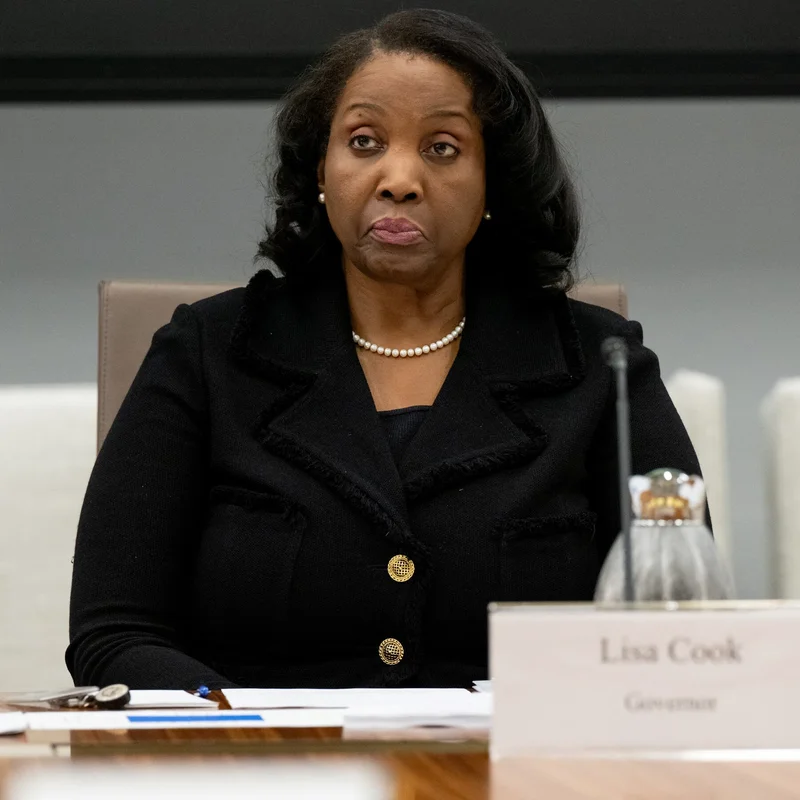Table of Contents
- The Boomer Promise vs. Today’s Reality
- Housing, Debt, and the Vanishing Middle Class
- A Planet—and Infrastructure—Under Strain
- Why Younger Generations Feel Betrayed
- Is an Apology Warranted?
- Sources
The Boomer Promise vs. Today’s Reality
For decades, the American Dream meant stability: a college degree, a home with a white picket fence, a secure retirement. Baby boomers—the postwar generation born between 1946 and 1964—were the last to reliably access that dream. But for millennials and Gen Z, that promise has evaporated.
A new wave of intergenerational reckoning is sweeping the U.S., sparked by a blunt question from younger Americans: How did we get here? And more pointedly: Will boomers ever apologize?
Housing, Debt, and the Vanishing Middle Class
The numbers tell a stark story. In 1970, the median home price was about 2.5 times the median household income. Today, it’s over 6 times. College tuition has surged by more than 1,200% since 1980—far outpacing inflation and wage growth.
Meanwhile, student loan debt in the U.S. has ballooned to $1.7 trillion, with the average borrower owing over $37,000. Many young adults delay marriage, children, or homeownership—not by choice, but by economic necessity.
“Boomers inherited a booming economy, affordable education, and rising wages,” said Maya Chen, 28, a teacher in Queens. “We inherited climate anxiety, gig work, and rent that eats half our paycheck.”
A Planet—and Infrastructure—Under Strain
Beyond economics, younger generations point to environmental and civic decay. The U.S. national debt has soared past $35 trillion—much of it accumulated during boomer-led administrations. Climate disasters are now routine, yet meaningful federal climate action remains stalled.
Public infrastructure—roads, bridges, transit—has been underfunded for decades. “We’re living on systems built in the 1950s, patched with duct tape,” said Jordan Rivera, 31, an urban planner in Atlanta. “And we’re told to ‘pull ourselves up by our bootstraps’ while the ground is crumbling.”
Why Younger Generations Feel Betrayed
This isn’t just about policy—it’s about perception. Many boomers championed individualism and deregulation, then benefited from strong unions, Social Security, and public investment. Now, those same safety nets are fraying for younger workers.
“They had it all: low tuition, high union density, cheap homes, and pensions,” said economist Dr. Lena Torres. “Then they voted to dismantle the very systems that lifted them.”
A recent New York Times Opinion video captured this frustration in raw, emotional testimonials from Gen Z and millennial New Yorkers—many of whom simply asked: Can we get an apology?
Is an Apology Warranted?
Not all agree. Some argue that boomers were also constrained by historical forces—Cold War politics, oil crises, globalization. Others note that many boomers today struggle with retirement insecurity and rising healthcare costs.
But the core grievance remains: systemic decisions made over 40 years have locked younger Americans into a harder, more precarious future. As one protester’s sign read: “You got Woodstock. We got student debt.”
Whether or not an official apology comes, the conversation is shifting. The American Dream isn’t dead—it’s just been reserved for a different generation.
Sources
The New York Times: How Baby Boomers Blew Up the American Dream
Education Data Initiative: Student Loan Debt Statistics
U.S. Census Bureau: Housing Affordability Trends
U.S. National Debt Clock



